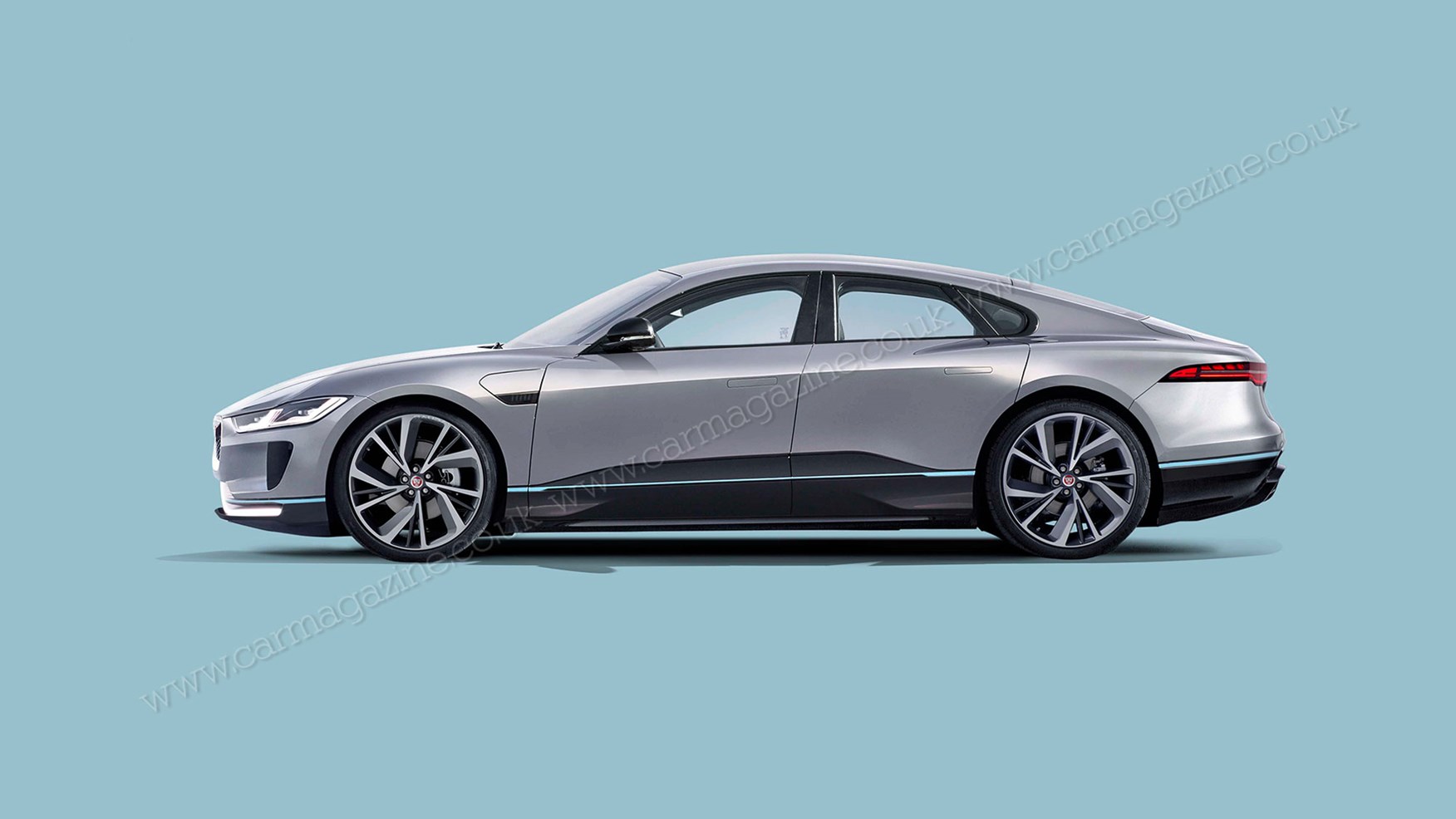Jaguar plans to reinvent itself in the coming years: by 2025, it will become a 100% electric luxury brand as part of its Reimagine corporate strategy, which will seek to reverse the complicated situation in which it is currently immersed due to, among others things to the failure of its range of sedans.
All future Jaguar models will be based on a specific modular platform for electric vehicles (Jaguar BEV). At the same time, its sister Land Rover will employ two multi-energy architectures (Land Rover MLA and Land Rover EMA). On paper, separating Jaguar from Land Rover should allow the former to gain momentum in an increasingly competitive market.
While Jaguar barely surpassed 100,000 units sold in 2020, down 37% from the previous year, Land Rover delivered a total of 323,480 cars, registering a drop of just 18% despite the crisis that hit the global auto industry due to the COVID-19 pandemic.
‘By the middle of the decade, Jaguar will have undergone a renaissance to emerge as an electric luxury brand with a beautiful new portfolio of emotionally appealing designs with pioneering technologies,’ said Thierry Bolloré, who recently took over as CEO of the Jaguar Group. Land Rover after passing through the Renault Group.
Bolloré wants Jaguar to stop competing against Audi, BMW, or Mercedes-Benz to become a rival to Aston Martin, Bentley, or Maserati. This repositioning will try to guarantee a brand’s profitability that has not found its niche in the market for a decade. However, this could mean the abandonment of projects such as a medium-sized sedan rival to the Tesla Model 3.
“It feels like the last roll of the dice for V,” says Ian Henry, managing director of data and forecasting company AutoAnalysis. Its conversion into a 100% electric luxury brand will be the famed English manufacturer’s last chance to survive in a world where nearly all of its rivals are veering towards electrification.

